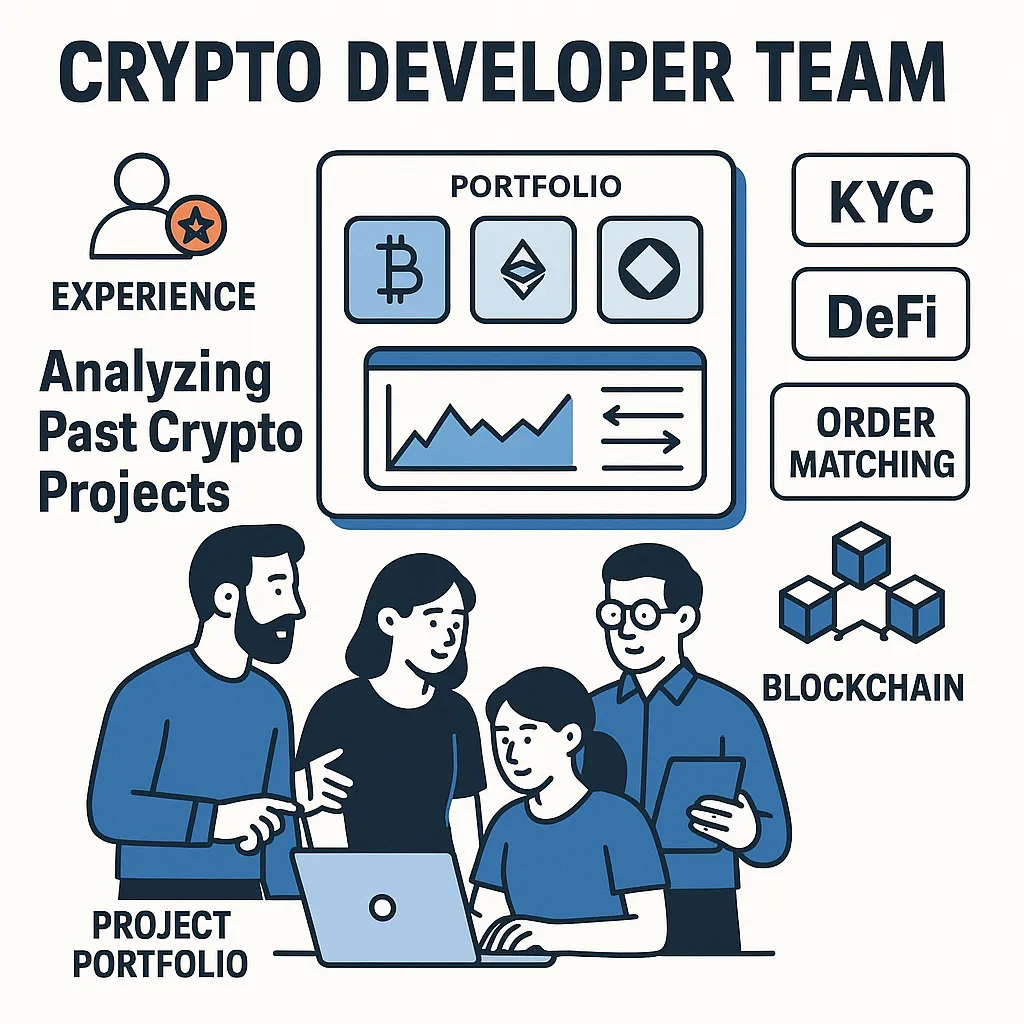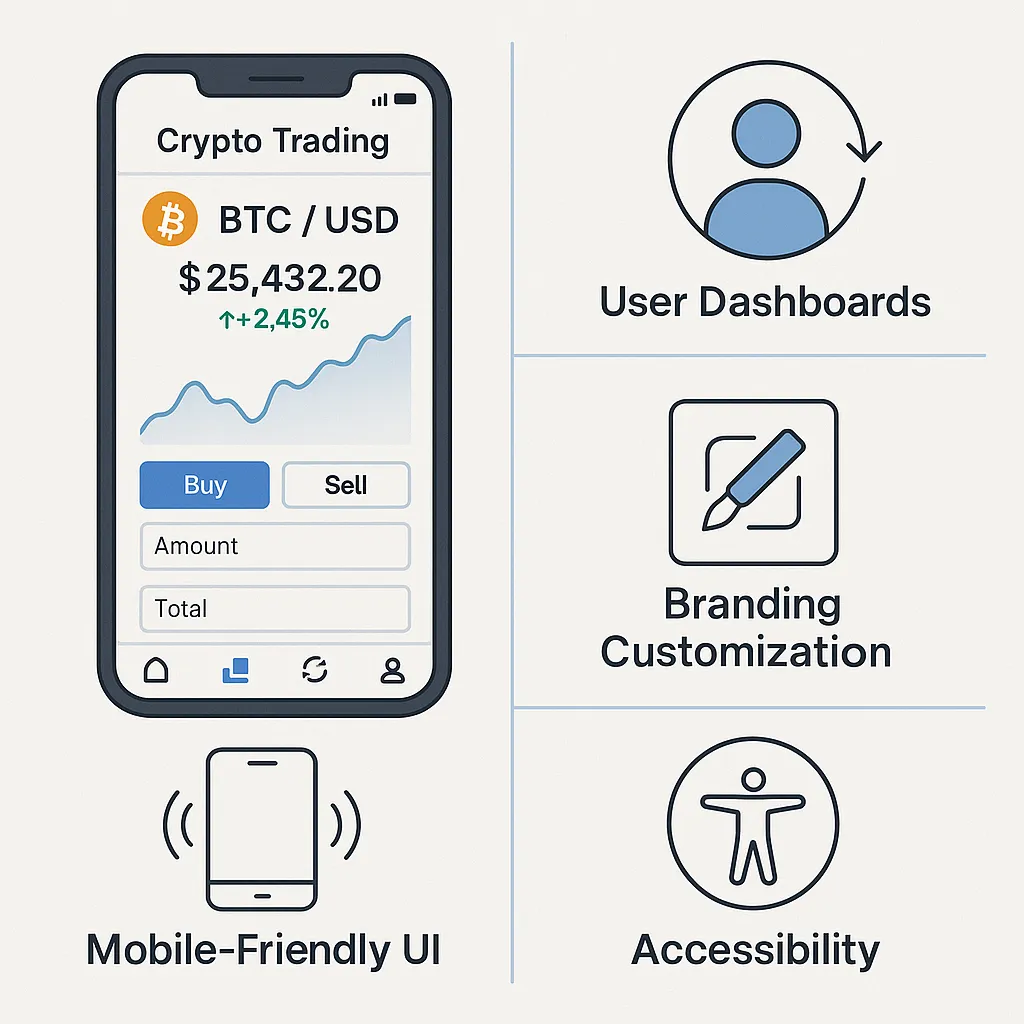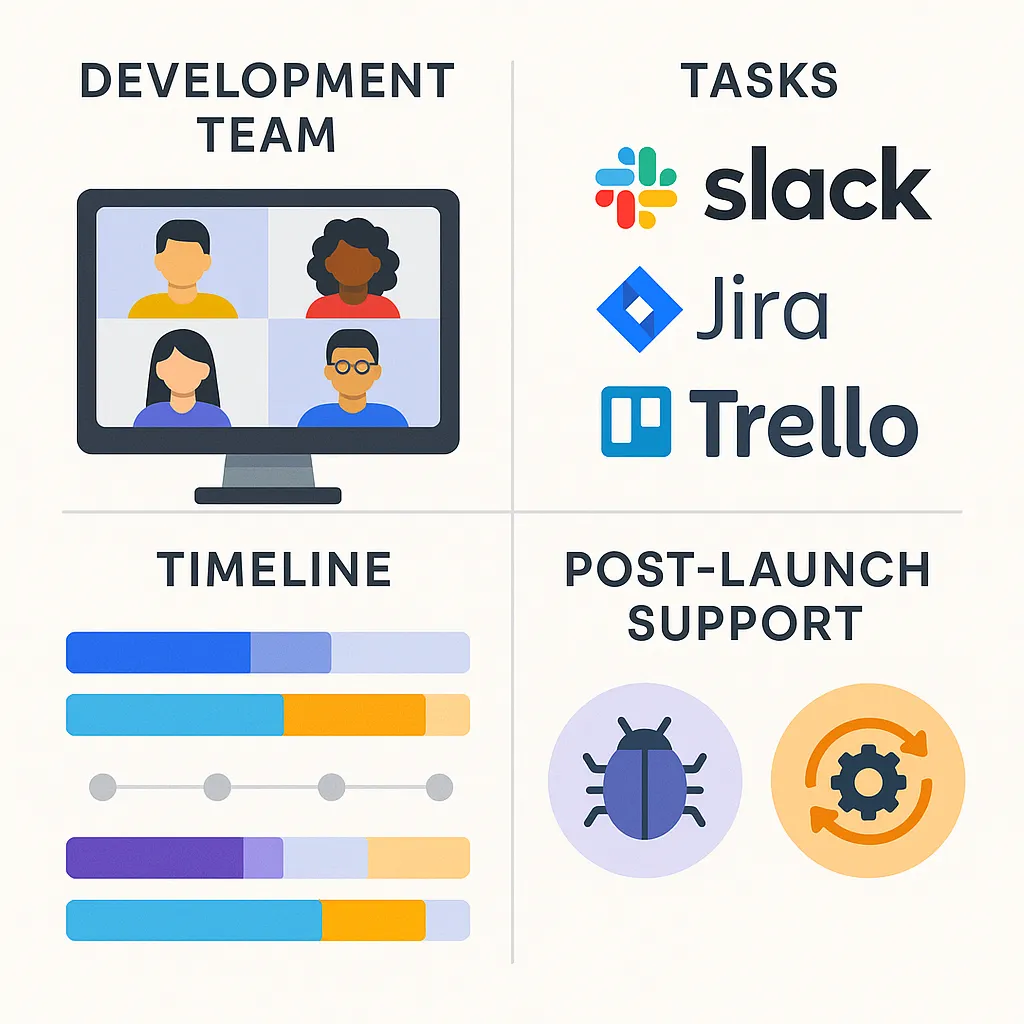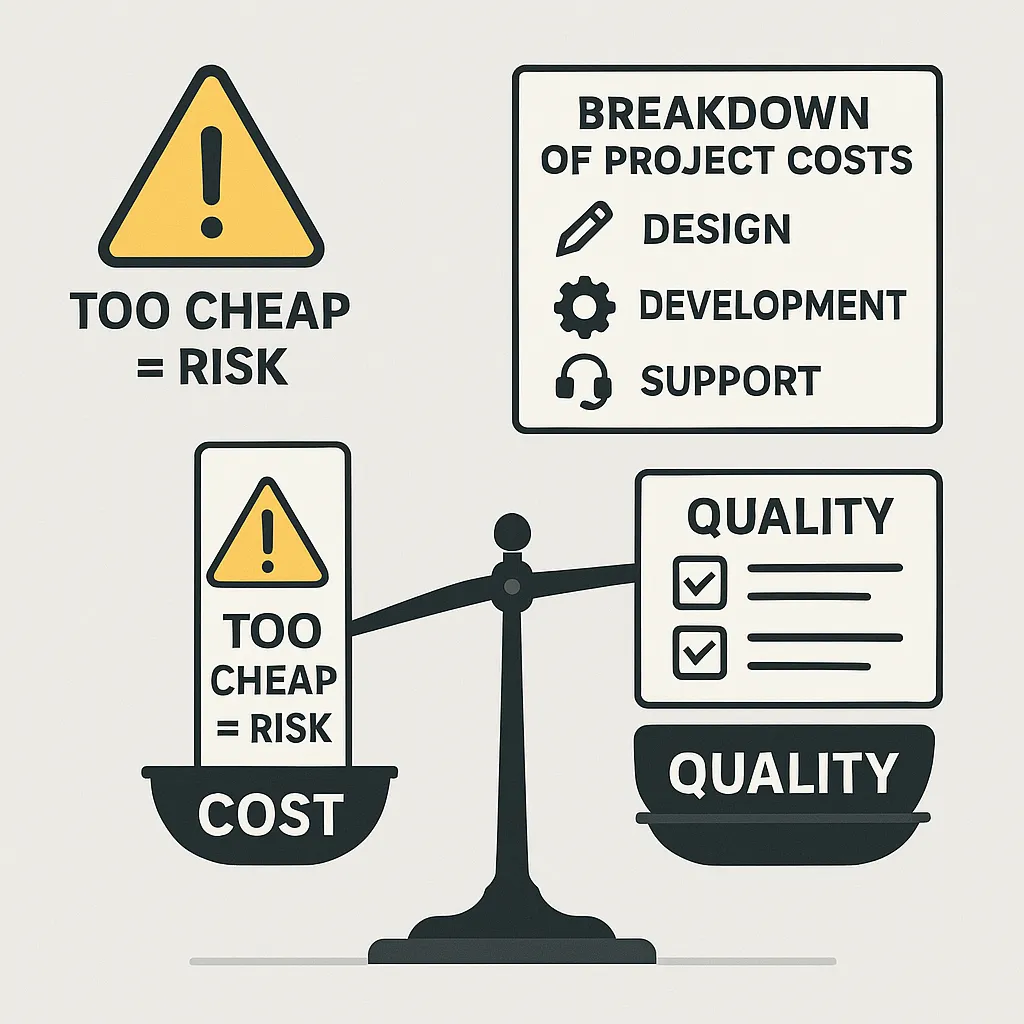How to Hire the Best Coinbase Clone Developer
Create a powerful, customizable streaming solution with Miracuves’ Coinbase Clone, equipped with high-performance features and next-gen technology.
So, you’re ready to launch your own crypto exchange one that mirrors the intuitive interface and rock-solid backend of Coinbase, but tailored to your niche. You’ve got the idea, maybe even the funding. But now comes the big question: who’s going to build it?
This isn’t a weekend project. You need a development team that understands crypto infrastructure, can nail compliance, and knows how to scale. In this guide, we’ll walk through the key traits to look for when hiring the best Coinbase clone developer so you can build fast, scale smart, and stay secure.

Look for Domain Expertise
Building a crypto exchange isn’t the same as building a regular app. It demands deep knowledge of blockchain protocols, security compliance, and financial-grade architecture.
What to check for:
Proven crypto projects → Ask if they’ve developed crypto wallets, trading platforms, or previous Coinbase clones.
Exchange-specific features → They should be familiar with KYC/AML flows, liquidity APIs, and order matching engines.
Regulatory awareness → Even if you handle legal elsewhere, your tech team should build with compliance in mind — especially for wallet custody, transaction logging, and user verification.
When a team has crypto experience, they’ll anticipate the edge cases and help you avoid expensive missteps.
Tech Stack & Scalability
You’re not just launching a prototype. Your exchange needs to support live trading, asset security, and high-speed transactions all while scaling with your user base.
Here’s what to look for:
Robust backend frameworks → Node.js, Go, or Laravel are common picks; ensure they’re using modern, actively maintained stacks.
Real-time trading engines → Ask how they handle trade execution latency and websocket-based updates.
Cloud scalability → Look for deployment via AWS, GCP, or Azure — with auto-scaling, DDoS protection, and containerized environments (Docker, Kubernetes).
Security-first architecture → From 2FA to cold wallet integration, every layer needs encryption, access controls, and regular audits.
A solid tech foundation ensures your exchange stays secure, even during traffic spikes or active trading hours.

UI/UX Capabilities
In crypto, trust starts with usability. Your Coinbase clone shouldn’t just work it should feel safe, familiar, and intuitive to everyone from casual buyers to power traders.
What matters most:
Clean, intuitive design → The dev team should prioritize user-friendly layouts for onboarding, buying, selling, and tracking assets.
Brand flexibility → You’ll want to match your app’s look to your brand — so ask how customizable the UI is, down to fonts, icons, and dashboard layout.
Role-based dashboards → Admins, market makers, and retail traders need different experiences. Your developer should deliver on that.
Mobile-first design → Ensure full responsiveness and performance on both iOS and Android especially for in-app trading and push notifications.
Design is more than visual it’s about building confidence and reducing user churn.
Communication & Workflow
Hiring a developer means entering a long-term relationship. Communication styles and workflow alignment will either streamline your build or stall it.
Things to clarify:
Clear processes → Do they follow agile sprints, use tools like Trello/Jira, and offer timelines you can trust?
Direct contact → You should have access to the project manager or lead dev not just an account rep.
Regular updates → Weekly demos, test builds, or Slack check-ins help avoid surprises.
After-launch support → From bug fixes to new feature rollouts, make sure they offer ongoing maintenance and performance tuning.
Great communication ensures the project moves forward without delays or disconnects.


Pricing Models & Quality
Crypto development is complex and with complexity comes cost. But it’s not just about how much you pay it’s about what you get for your money.
Here’s how to evaluate:
Itemized quotes → A good team will break down timelines, features, and effort — not give you vague ranges.
No surprise fees → Clarify what’s included (hosting setup, QA, launch support) and what isn’t.
Avoid ultra-low bids → If someone promises a full exchange for $2k, it’s likely rushed, buggy, or insecure.
Think long-term → Factor in future updates, user growth, and compliance requirements when budgeting.
The right developer will be transparent and help you prioritize features that match your budget and business goals.
Choose the Right Development Partner
Even with a well-defined vision, building a crypto trading platform isn’t simple you need a development team that genuinely understands the crypto ecosystem. Partnering with the right Coinbase clone developer can save you time, minimize technical risk, and help you avoid costly mistakes in compliance, scalability, or user experience.
Look for a partner that offers:
Demonstrated expertise in crypto exchange and blockchain app development
A portfolio of secure, scalable platforms with live trading, wallet integration, and KYC/AML features
End-to-end services — from white-label customization to post-launch performance support
At Miracuves, we don’t just replicate platforms we engineer powerful crypto solutions designed for growth. Whether you’re targeting niche markets, regional tokens, or global audiences, our Coinbase clone development services help you launch fast, scale confidently, and stay secure in an evolving regulatory landscape. Let us handle the backend while you focus on building your brand and user base.
Conclusion
Hiring the best Coinbase clone developer is about more than just coding skill — it’s about finding a partner who understands crypto, thinks long-term, and aligns with your product vision. Prioritize domain expertise, scalable infrastructure, thoughtful design, smooth workflows, and a fair, transparent pricing model. Get this right, and you’re not just building an app — you’re launching a powerful, trusted crypto exchange platform that’s ready to grow.
Frequently Asked Questions
At minimum: user KYC/AML, real-time trading, multi-currency wallets, secure admin panel, and robust security protocols like 2FA and cold storage integration.
The development time for a Coinbase-style crypto exchange varies based on features like KYC/AML verification, liquidity aggregation, wallet systems, and trading engine complexity. Traditionally, building from scratch can take 8–12 weeks for an MVP, while fully featured versions may require 3–6 months. However, with Miracuves’ ready-made crypto exchange solution, a Coinbase clone can be deployed in just 3–9 days, enabling rapid market entry and faster revenue generation.
Yes a good dev team will let you tweak everything from the UI to supported tokens and regional compliance flows.
The clone itself is legal just make sure you meet local regulations on crypto trading, user verification, and anti-money laundering.
Expect anywhere from $15k–$60k depending on features, security layers, and whether mobile apps are included.



